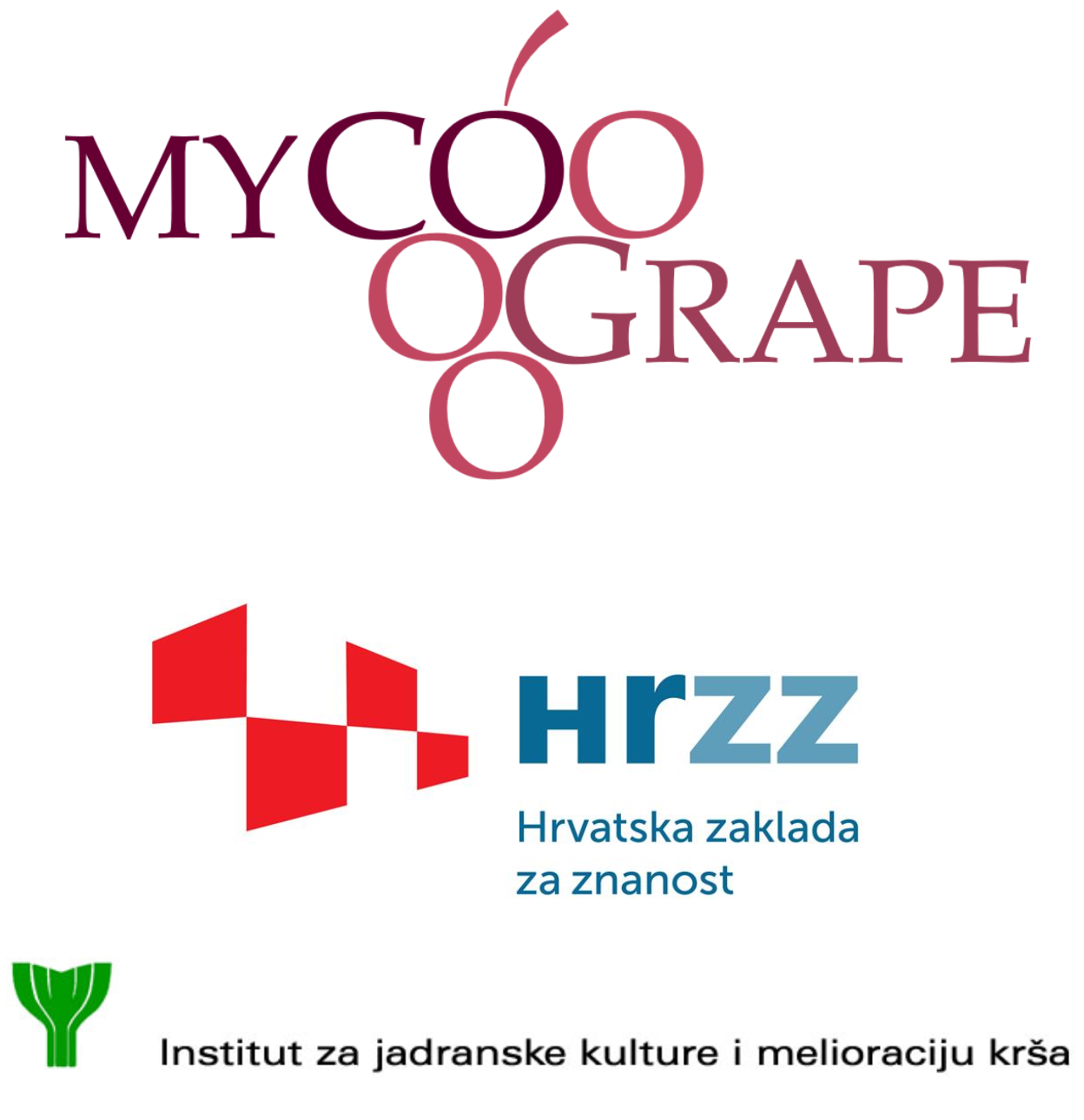Arbuscular mycorrhizal fungi (AMF) are proven to have potential for alleviation of biotic stress in plants and activation of mycorrhiza-induced resistance. However, there are significant gaps in the knowledge on bioprotection efficiency of AMF against the plant viruses and no investigations were conducted on the grapevine. In this project we will address the functional interplay among the grapevine-AMF-viruses, having in mind the following: global importance of viticulture, grapevine high affinity to the arbuscular mycorrhizal symbiosis, AMF potential to alleviate biotic stress and lack of studies on plant-AMF-virus interactions at any woody crop. In order to elucidate the gaps in the knowledge on the functional interactions between grapevine, viruses and AMF and to estimate AMF potential to modify grapevine virus infection, we will set up two greenhouse experiments and one sub-experiment. The project objectives are: 1. to determine how pre- and post-inoculation with AMF affects grapevine physiological and molecular responses to virus infection; 2. to quantify temporal and spatial dynamics of virus infection after the grafting, depending on the rootstock mycorrhizal status; 3. to explore whether common mycorrhizal network between virus free and virus infected grapevine can be a pathway for virus warning signalling; 4. to strengthen scientific capacity of the Institute for Adriatic Crops by introducing functional genomics into its research of plant-microorganisms interactions. We will achieve consolidation of complementary research and equipment through established connections between four research institutions from Croatia, Slovenia and Italy. In view of sustainable agriculture and the necessity of new tools development, the proposed topic is of importance for evaluating the benefit of AMF application in an integrated viral management in viticulture.
